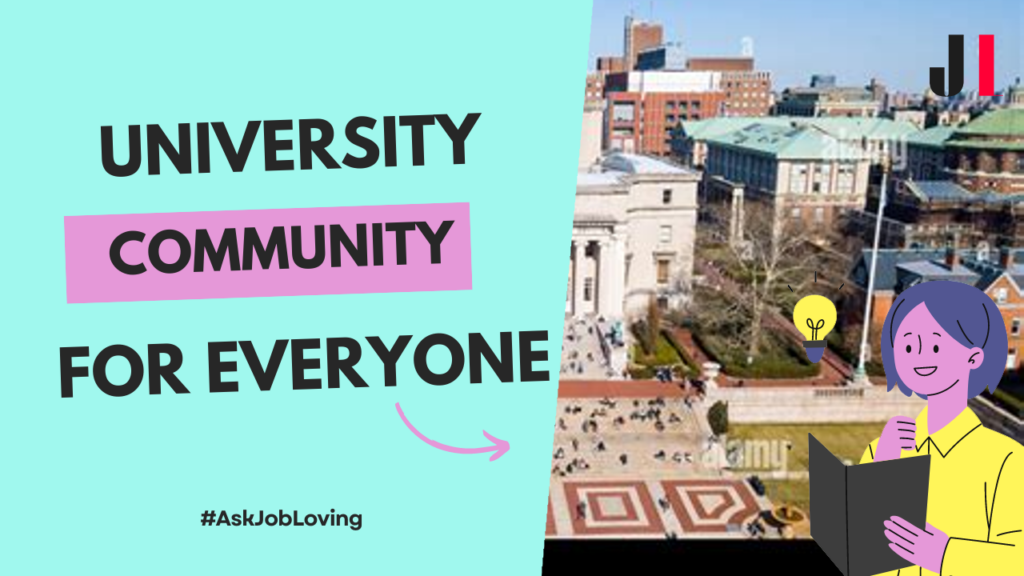When They See Us at Columbia University
You’ve probably heard a lot of buzz about When They See Us, the compelling Netflix miniseries that dives deep into the harrowing story of the Central Park Five. This series doesn’t just stir emotions; it sparks conversations, debates, and even protests around institutions like Columbia University. So, when they see us talking about this series, what’s actually in the spotlight at Columbia?
Academic Engagement and Community Response
At Columbia University, discussions surrounding When They See Us resonate powerfully due to the institution’s connection to pivotal social issues. The series revisits the public’s perception and treatment of marginalized communities, an area that students and faculty at Columbia are eager to address through various academic lenses. Beyond just cinematic storytelling, it acts as a springboard for critical reflection on racial injustice and wrongful convictions.
This is not merely an entertainment topic; it delves into real-world implications. For some students, initiating debates on justice reform and racial equality following the show has sparked activism on campus. With platforms such as discussions, screenings, and student-led protests, Columbia students are using the opportunity to challenge outdated narratives and demand systemic changes.
The Student Perspective
Interestingly, the reactions to When They See Us also reveal a divide among student groups. While many engage fervently with themes highlighted in the series, others express frustration with the university’s lack of support for progressive movements. This has led to an interesting dichotomy where students call for justice not just on-screen but in their immediate environments.
Moreover, many Jewish students have voiced concerns over antisemitism on campus amidst these larger conversations. They argue that discussions should encompass all forms of injustice—including those impacting Jewish populations. So, when they see us navigating these complex social landscapes, we recognize a blend of historical grievances paired with urgent calls for recognition and support.
Conclusion: A Call to Action
In essence, When They See Us, is more than just a narrative about five boys wrongfully accused; it’s about justice, community engagement, and institutional accountability. As Columbia University continues to integrate these discussions into its fabric, we must collectively reflect on our roles in addressing injustice—both within our communities and beyond.
If you’re interested in digging deeper into how When They See Us impacts conversations at places like Columbia University or want to join the dialogue around it, feel free to connect with us at the JobLoving community for further insights and resources!

